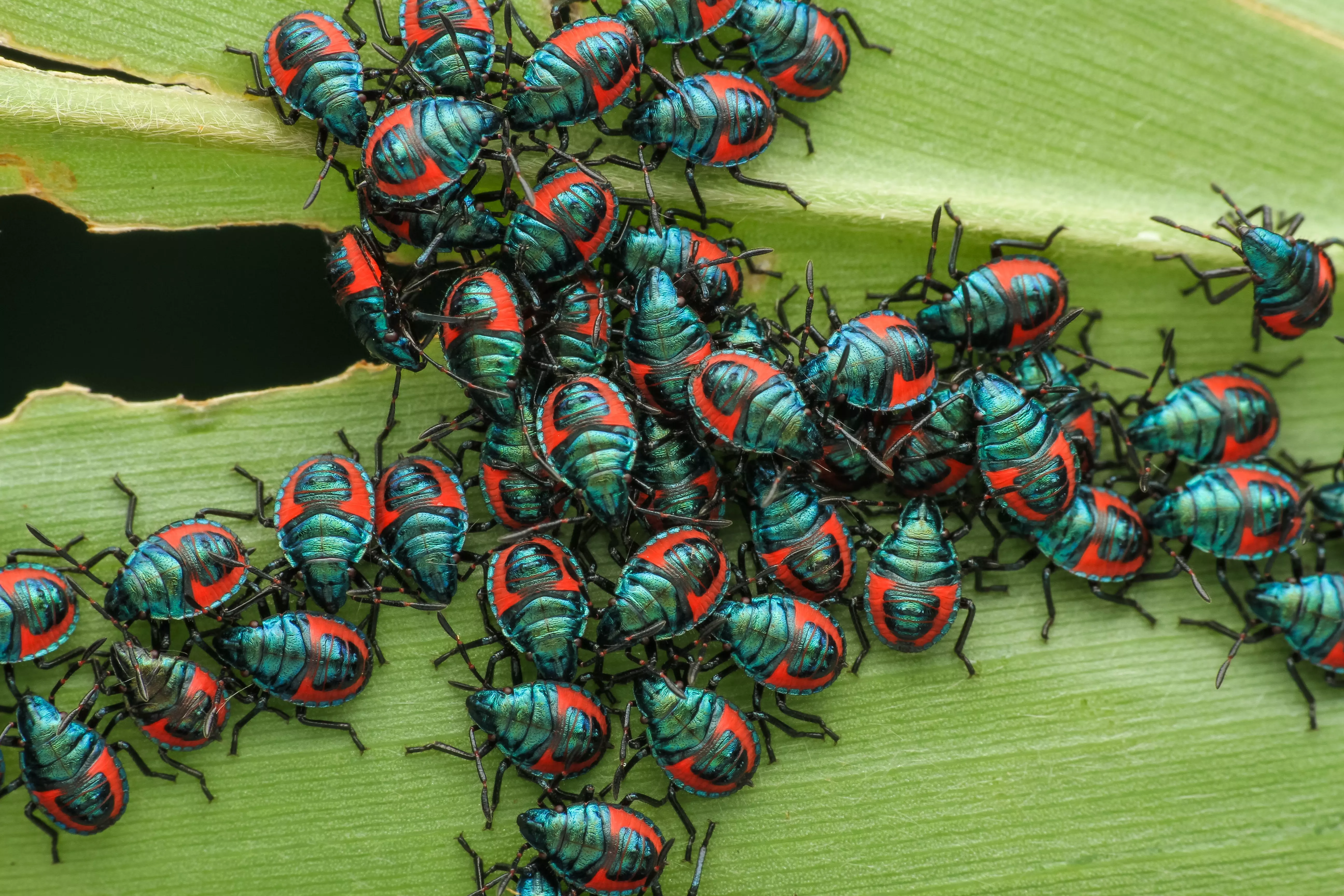Insects fascinating natural world
Insects are one of the most numerous groups of organisms on Earth. They have been known to us for centuries, and their diversity and amazing adaptations delight scientists and nature lovers around the world. In today's article, we will introduce you to the fascinating world of insects, their key features and importance to ecosystems.
What do we associate insects with?
We associate insects with the annoying buzzing of mosquitoes, the painful stings of a bee or the inherent spider mites, which can induce terror in many people. However, it is worth taking a closer look at them to understand that they are extremely important to our planet.
Many species of insects are not only harmless to humans, but also very helpful. Bees, for example, are responsible for pollinating plants, which is an essential part of the fruiting process. Thanks to them, we have access to tasty fruits, like their unlimited selection on the shelves of our stores.
In addition, insects are essential food for many animals, such as birds and amphibians. Therefore, their presence is crucial to the balance of terrestrial and aquatic ecosystems.
Diversity of insects
Insects are a huge group of organisms, found on every continent and in virtually all habitats on Earth. From microscopic mites to giant beetles, insects are extremely diverse in appearance, shape and lifestyle.
Among insects, we can identify several basic orders. These include beetles, butterflies, flies, spiders, hymenoptera and cicadas. Each of these orders has its own unique characteristics and performs specific functions in the ecosystem.
One of the most fascinating groups of insects are beetles. Among them is the largest representative of this creature, Goliathus goliatus. Females of this beetle can reach a size of up to 11 cm. This is an example of how diverse nature is, since next to the largest beetle we also have the smallest globefish.
The role of insects in nature
Insects play an extremely important role in ecosystems. They are key elements of many food chains. They not only act as food for other animals, but also act as environmental cleaners, feeding on dead plant and animal remains.
In addition, some insect species have the ability to decompose organic matter, allowing organic waste to be transformed into plant nutrients. This allows us to return nutrients to the natural cycle, which is extremely important for sustaining biodiversity and ecosystem health.
Threats to insects
Unfortunately, insects are increasingly under threat. Intensive agriculture, the introduction of pesticides, habitat loss and climate change are having a negative impact on insect populations around the world. Some species are already on the verge of extinction.
However, it is not too late to act. It is necessary to take conscious measures to protect insects and their habitats. It is worth taking care of the variety of plants in our gardens, avoiding the use of pesticides and creating insect-friendly places, such as insect hotels or special nectar plants.
Insects a fascinating world waiting to be discovered
Insects are an extremely fascinating part of nature. Their diversity, adaptations and role in ecosystems make them deserving of our attention and respect.
It is most important that we begin to pay more attention to insect conservation. Small actions taken by each of us can have a big impact on the future of these remarkable creatures. Let's remember that existing threats to insects are also threats to our ecosystem and the health of our planet. Together we can make a difference!